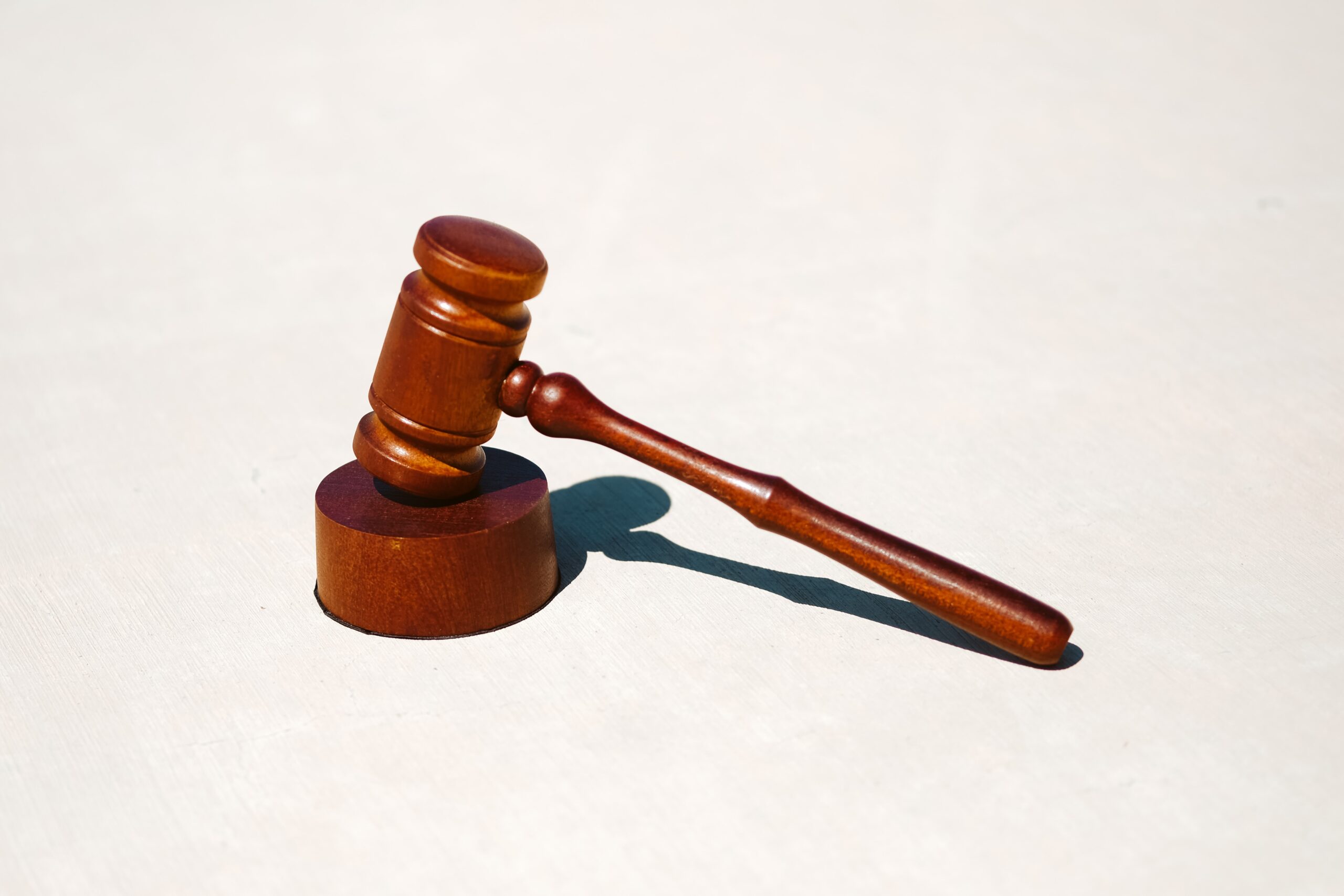Now Reading: Why Hire a Professional Process Server When Serving Legal Documents
-
01
Why Hire a Professional Process Server When Serving Legal Documents

Why Hire a Professional Process Server When Serving Legal Documents
In the legal world, the delivery of documents is a crucial step in the process of ensuring that justice is served and legal requirements are met. However, this is not as simple as handing a piece of paper to someone. There are legal implications, strict protocols, and the need for impartiality, all of which make the role of a professional process server indispensable.
This article explores why using a professional when serving legal documents is vital and why certain documents cannot be handed directly by individuals involved in a case.
Understanding the Role of a Professional Process Server
A professional process server is a person who is specially trained and legally permitted to deliver, or “serve,” legal documents to individuals involved in a court case, such as defendants or respondents. These documents may include various legal notices, such as subpoenas, summons, complaints, and writs. The process server’s responsibility extends beyond simply delivering the documents; they must also furnish proof of service, which is a crucial element in the legal process.
Why Not Serve Documents Yourself?
It might seem straightforward to hand over a document to someone you are involved in a legal dispute with, but the law has specific reasons for prohibiting this. The main reasons are:
- Impartiality and Objectivity: If a party involved in a lawsuit personally serves legal documents, it could raise questions about the authenticity and fairness of the service. A professional process server is a neutral third party, ensuring that the service is conducted without bias.
- Legal Compliance: There are numerous laws and regulations governing how legal documents must be served. For example, some documents can only be served at specific times or in particular locations. A process server is well-versed in these rules and ensures compliance, reducing the risk of legal complications that could arise from improper service.
- Reducing Emotional Conflict: Serving legal documents can be a highly charged situation, especially in cases involving personal relationships or high stakes. Using a third party to serve legal documents helps minimise emotional confrontations by acting as a buffer between the parties.
The Legal Necessity of Process Serving
The law mandates that certain legal documents must be served by a qualified individual who is not a party to the case. This requirement ensures that:
- The Defendant is Properly Notified: For legal proceedings to be fair, all parties involved must be given proper notice of the case against them. This process guarantees that the defendant is informed in a timely and legal manner, ensuring they have the opportunity to respond.
- The Case Proceeds Without Delay: Improper service of documents can lead to delays in court proceedings, as the service may be challenged. A professional process server helps avoid these delays by following the correct procedures and providing valid proof of service.
- Legal Protection for the Plaintiff: By using a professional, the plaintiff can avoid allegations of harassment or misconduct that could arise if they were to serve the documents personally.
Types of Documents That Require This Service
Not all legal documents require a professional process server, but many critical ones do. These include:
- Summons and Complaints: These documents notify a defendant that they are being sued and outline the claims against them. Proper service is crucial, as it starts the clock on the defendant’s time to respond.
- Subpoenas: A subpoena requires a person to appear in court or produce evidence. The service of a subpoena must be handled with care to ensure the person is fully aware of their obligations.
- Writs: These are court orders requiring specific actions, such as enforcing a judgment. Proper service is necessary to compel compliance.
The Process of Serving Legal Documents
The individual must follow a meticulous process to ensure that documents are served according to legal standards:
- Locating the Defendant: The first step is often to locate the individual who needs to be served. This can involve investigative work, especially if the person is evasive.
- Serving the Documents: The server will deliver the documents in person, ensuring that they are handed directly to the intended recipient. In some cases, documents can be left with another responsible adult at the same address or posted in a conspicuous place.
- Proof of Service: After the documents are served, the process server provides an affidavit or declaration that details how, when, and where the service occurred. This proof is then filed with the court.
- Handling Difficult Situations: If the defendant attempts to avoid being served, the process server may use legal strategies to complete the service, such as returning at different times or enlisting law enforcement assistance in specific circumstances.
The Advantages of Hiring a Professional Process Server
Hiring a professional process server offers numerous benefits, including:
- Expertise and Experience: Process servers are familiar with the nuances of the law and are skilled at navigating the challenges of serving documents, such as locating hard-to-find individuals.
- Efficiency and Reliability: These professionals know the urgency of their task and work quickly to ensure that documents are served promptly, allowing legal proceedings to move forward without unnecessary delay.
- Legal Compliance: By using a professional, you ensure that the service is legally valid, reducing the risk of challenges or delays in court.
- Documentation and Accountability: The process server’s affidavit provides a clear record of service, which is essential if the service is contested in court.
Conclusion
In the complex world of legal proceedings, ensuring that documents are properly served is critical. A professional process server plays a key role in this process, providing impartial, legally compliant service that helps protect the integrity of the legal system. By hiring a professional process server, individuals and legal teams can focus on the substantive issues of their case, confident that the procedural aspects are being handled by an expert.
If you’re involved in a legal dispute, understanding the importance of proper document service and the role of a professional process server can make all the difference in the smooth progression of your case. Whether it’s ensuring timely notification or providing robust proof of service, these individuals are an invaluable asset in the legal process.









